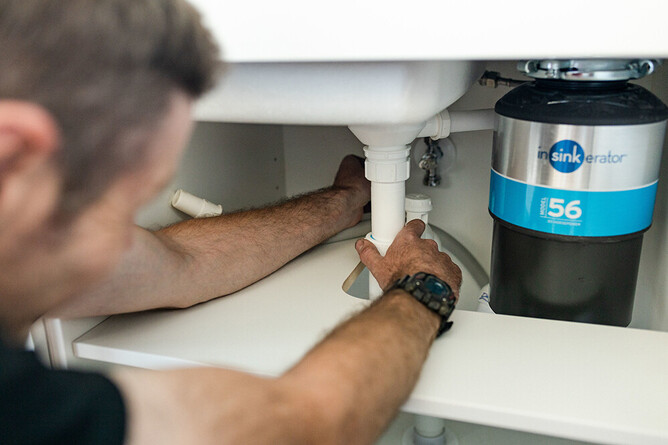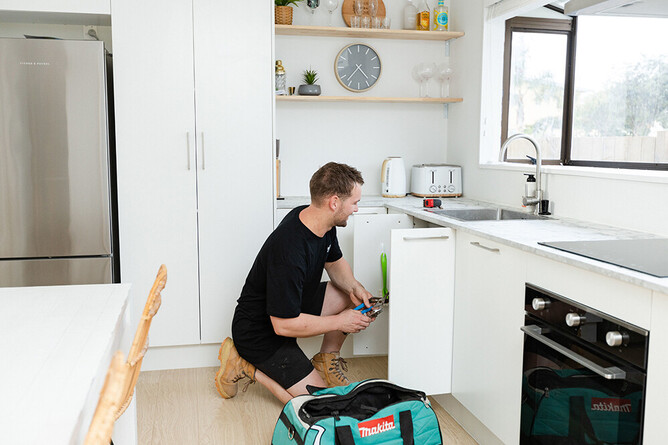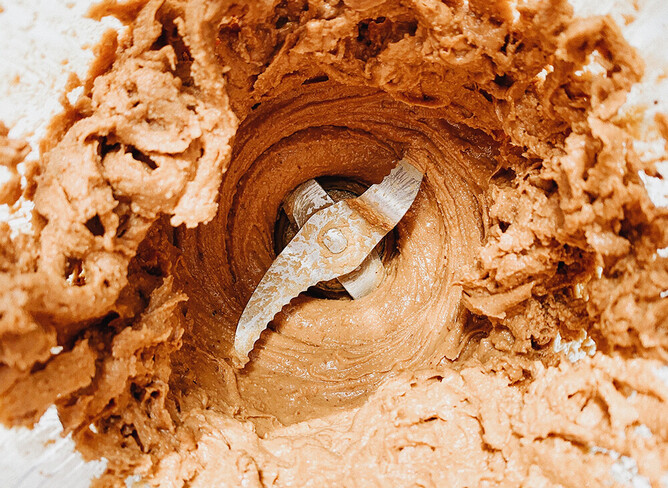What is an insinkerator?
An insinkerator, otherwise known as garbage disposal, fits in the underside of the sink and its trap and helps remove waste in an economical way. The name derives from the brand InSinkErator, which has now become a common household name.
Why use it?
Many home owners opt for this feature in the kitchen as it provides another means to removing food waste without having to be added to their bin. This reduces waste, but also removes any unwanted smells.
How does it work?
The customer just flicks the switch, runs the water at the same time and drops the scraps down the trap. The fine blades then grind the waste up into small and fine particles, often being described as liquifying the waste so that it can be flushed down the plumbing system.
For those that have an insinkerator (or otherwise known as garbage disposal) installed in their kitchen sink, have you ever thought when placing food down there what is acceptable for it to gurgle?
Top 5 things to avoid putting down the insinkerator system
Just because it can garble whatever you throw down it, does not mean it is advised to or that it should be able to go down there. The last thing you would want is a smelly broken insinkerator, and a plumbing bill.
We often get emergency calls to broken insinkerators, so we have created a list that helps let you know of things that should NOT go down the system.
🚫 Dry foods that expand when in water
One mistake we commonly see is that someone will pop anything that expands easily down the garbage disposal. The smaller it is, the less likely it will be grinded down into a smaller particle which can cause a clog in the pipe. However, add the complexity of it then enlarging as it is mixed with water and that pipe blockage can be larger than anticipated.
Common types of this category fall under different types of pasta, breads and even seeds like chia!
🚫 Eggshells
Now, this is a real riddle as the manual for insinkerator does advise that it can gurgle the said material. The egg shell itself is safe as it grinds down and can be easily passed through the system. Yet, the problem is the membrane of the egg shell that causes the issue. The membrane can cause it to become a slimy substance that wraps easily around the grinder causing it to stop working entirely.
🚫 Coffee Grounds
We know, it is a real mess when you have coffee grinds that are so easily flushed down the garbage disposal. Quick rinse of water and its gone, easier than dumping into the bin and carrying that coffee drips across the bench. This is wrong!
Coffee turns into a paste that easily blocks the drainage system, causing more of an issue in the long run. It’s best to leave that coffee ground in the bin or garden, will save you a visit from Summit Plumbing.
🚫 Kitchen Tools!
Although there are only three listed above, we often get a call about different things that have been blocked in the insinkerator or damaged the device. Namely, anything that isn’t biodegradable like scour sponges. Although they may be known as a garbage disposal, they don’t garble that type garbage!
Blanket Rule
Lastly, we advise you to think of a blanket rule when placing something down the system. ‘Is this likely to turn into a paste that is hard to move?’ if the answer is even a maybe, it might be best to leave that waste to bin disposal instead.
For example, peanuts right? They grind up and become Peanut Butter. Now, imagine that being a paste in the sink – and water is trying to flush through that pipe. That paste turns into gunk pretty quick, which then ends up clogging up that system of yours.
Tip! So next time you are cleaning up, it might be useful to have a list somewhere in your kitchen of things that should and should not go down the system just to make sure that you are using the system correctly.
We get it, information like this can be overwhelming, and we are always happy to help you figure out your system and if it is the right choice for you and your home. Talk to one of our plumbers today!



